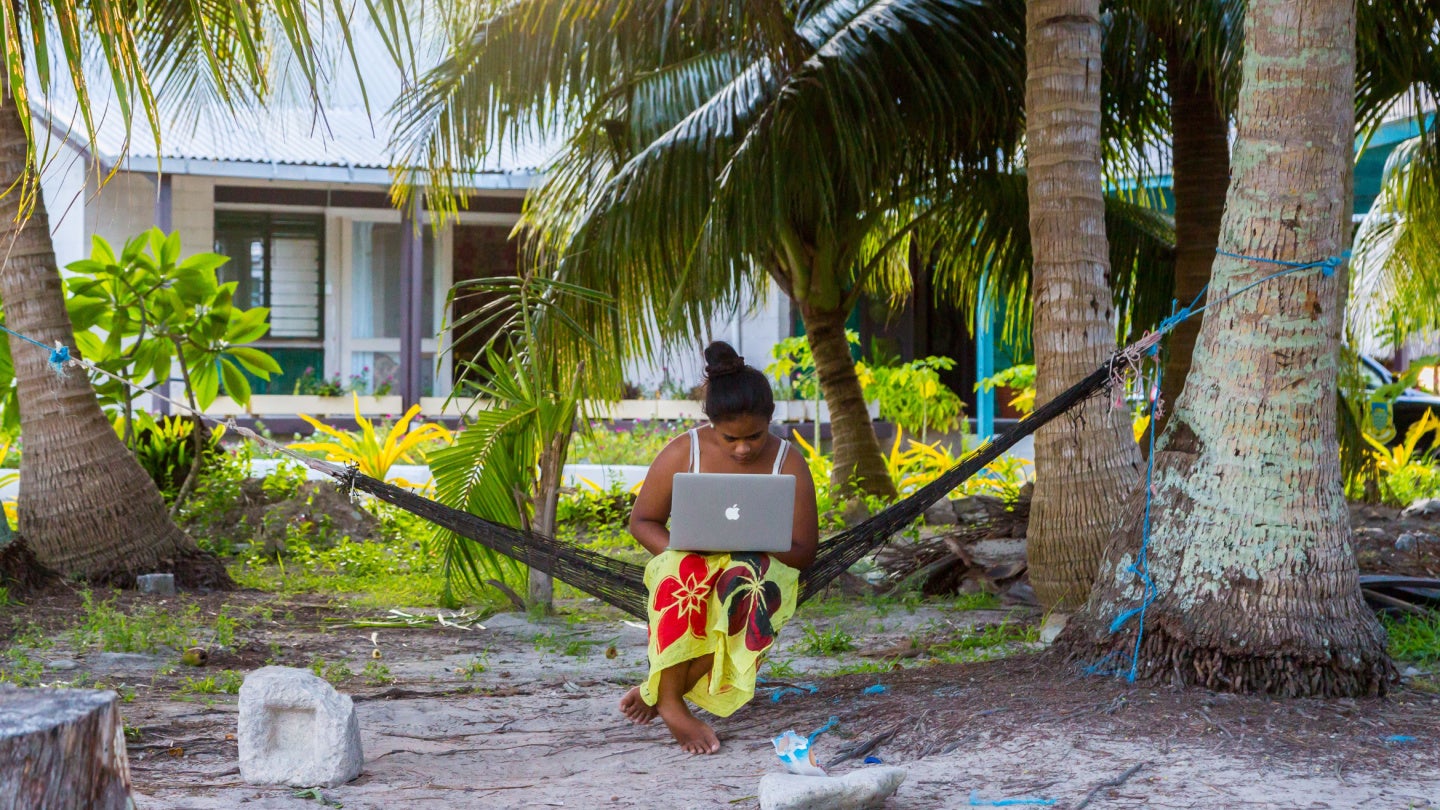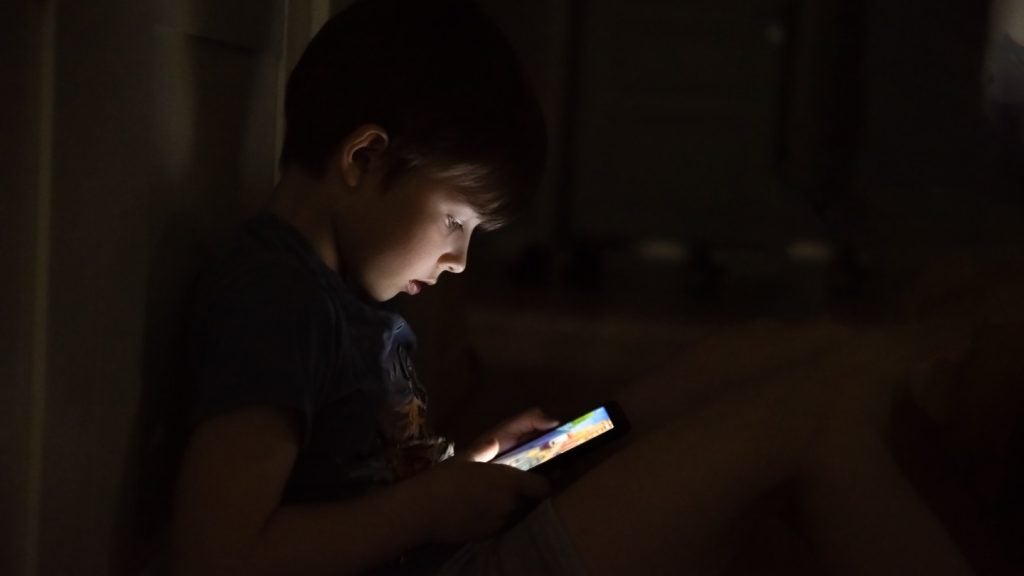How do you preserve and maintain a nation that is drowning in a climate crisis? Digitally, of course.
That is, at least, Tuvalu’s approach to rising sea levels that threaten the land, oceans, and cultural heritage of its 12,000 people. Addressing the UN’s COP27 conference in November 2022, Simon Kofe, Tuvalu’s Minister for Justice, Communication and Foreign Affairs, spoke from a metaverse replica of Tuvalu’s smallest island Teafualiku, and demonstrated the country’s first steps in transitioning to the digital realm.
Climate change and its ongoing physical impact on the nation, in his words, has left the Tuvalu with “no alternative but to pioneer the concept of a digital nation.”
Digital twins in action
Digital twins are digital representations of physical assets, systems, or processes. They help to detect, prevent, predict, and optimise the physical environment through artificial intelligence (AI), real-time analytics, visualization, and simulation tools.
‘Twinning’ Tuvalu, however, is no small feat. Alongside its physical locale, Tuvalu additionally plans on uploading its cultural heritage, and has begun comprehensively recording documents, traditions, customs, songs and much more to preserve their access forever. Kofe believes it offers an alternative, immersive experience of Tuvalu and its culture, as well as dramatically expanding its accessibility for the outside world.
Furthermore, Kofe believes that digitalisation could offer much needed revenue to Tuvalu, by also allowing Tuvaluan people to monitor fishing activity, model the potential impacts of further climate change, and offer virtual complements to current in-person tourism.
How well do you really know your competitors?
Access the most comprehensive Company Profiles on the market, powered by GlobalData. Save hours of research. Gain competitive edge.

Thank you!
Your download email will arrive shortly
Not ready to buy yet? Download a free sample
We are confident about the unique quality of our Company Profiles. However, we want you to make the most beneficial decision for your business, so we offer a free sample that you can download by submitting the below form
By GlobalDataKofe also stresses the importance of ensuring the sovereignty of Tuvalu’s oceans, should the nation lose its land. Cementing Tuvalu’s culture and territory virtually can help in the preservation of existing sovereign maritime zones. Given fishing’s substantial role in Tuvalu’s economy, if the island is submerged, securing the nation, both artificially and geopolitically, takes on even greater significance.
Securing cultural heritage for everyone, forever
This idea of cultural preservation for future generations can also be seen in the National University of Singapore’s Baba House, which was digitised in 2021. Using advanced 3D imaging technologies and terrestrial LiDAR, anyone across the world can now access the building, virtually. The collection documents the materials, colours, objects, and human interaction with these aspects of Peranakan Chinese domestic life.
The Baba House’s collection of over 2000 antiques, ranging from furniture to kitchen utensils, have also been digitalised, expanding their access for research into migration, cultural encounters, and hybridity globally. Through digitalisation, research can continue while simultaneously safeguarding historical artifacts and crucially an understanding of collective heritage.
The limits of the metaverse
Can the metaverse and digital twins provide a ‘solution’ to the most devastating consequences of climate change? In short, no. Tuvalu’s digital twin cannot replace or restore the land that rising sea levels will claim within the century. But it will offer an opportunity for generations to get to know Tuvalu and its culture forever.
Yet, as much of a solution digital twinning provides, the metaverse falls short in addressing crucial challenges. Namely, it does little to prevent or mitigate the effects of sea level change, drought, stronger cyclones, and saltwater contamination of the groundwater for the current residents of Tuvalu.
It is important to stress that the metaverse is not an alternative or a solution to the impact of ecological degradation in Tuvalu. Nor is relocation an all-encompassing solution for its people.
The metaverse’s virtual world offers access to otherwise logistically inaccessible places but does not protect those places from damage in the real world. Digitalisation, in this regard, is more palliative than preventative, and helps to re-emphasise that true conservation does not occur on a virtual beach.








